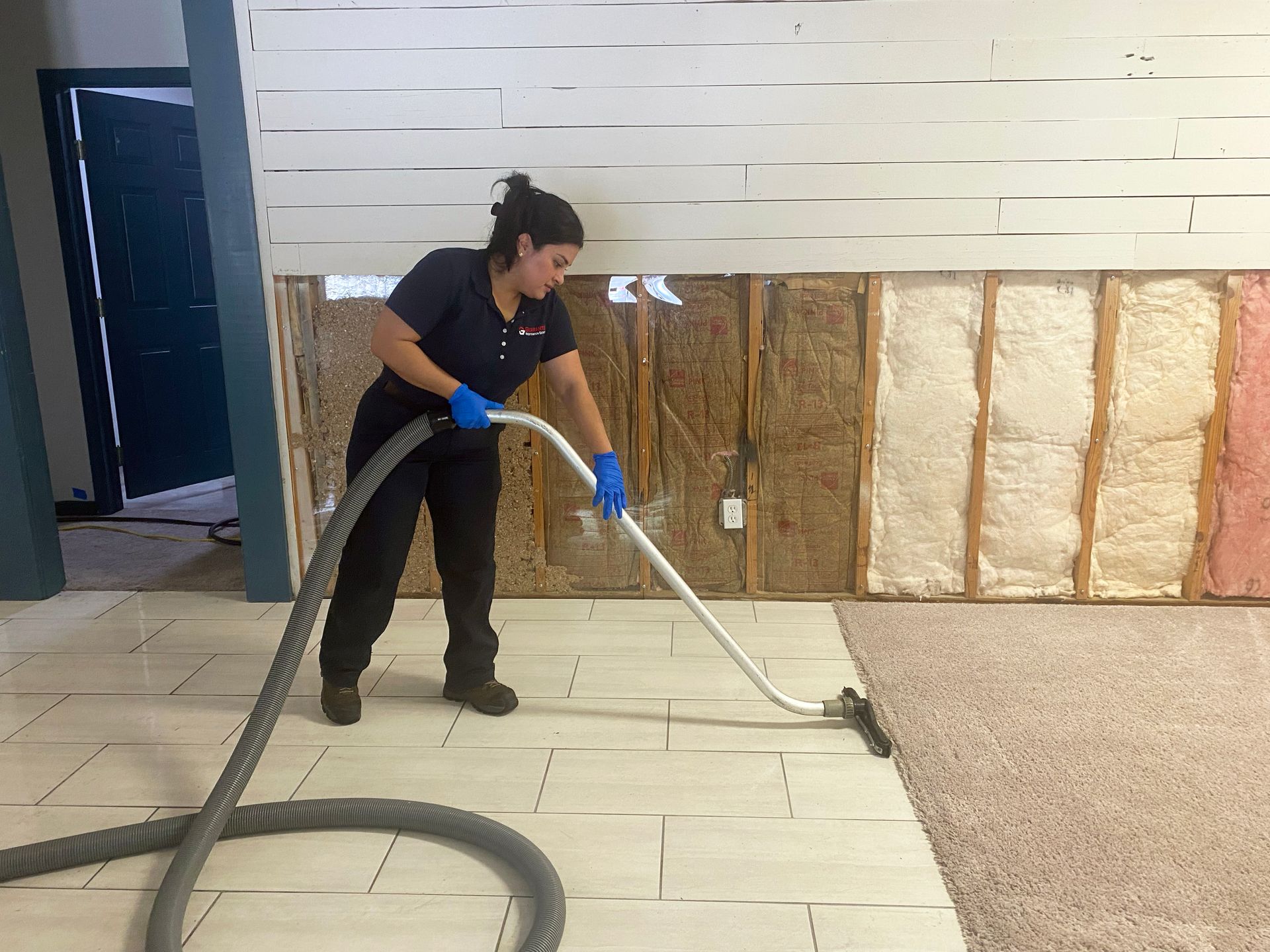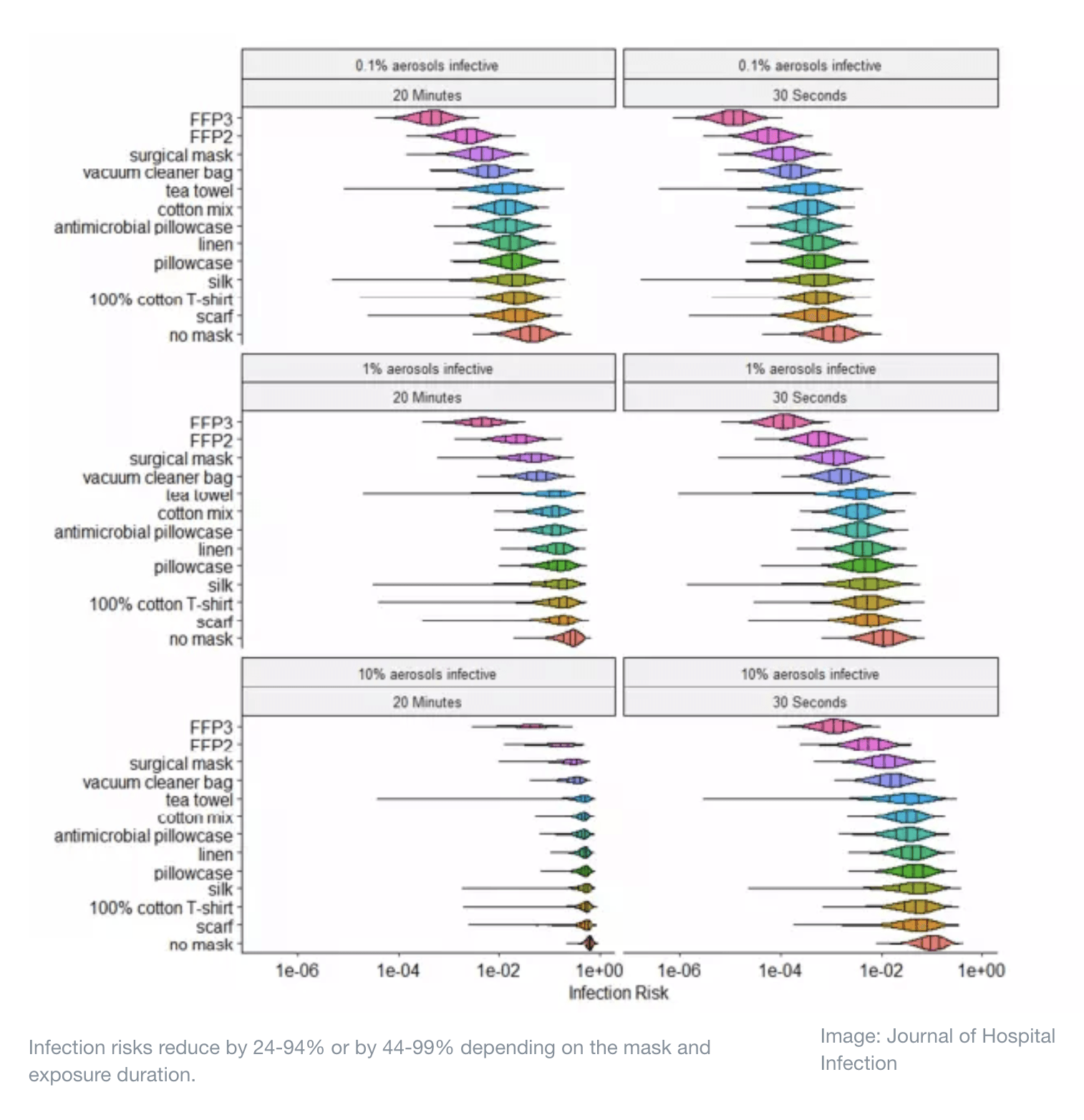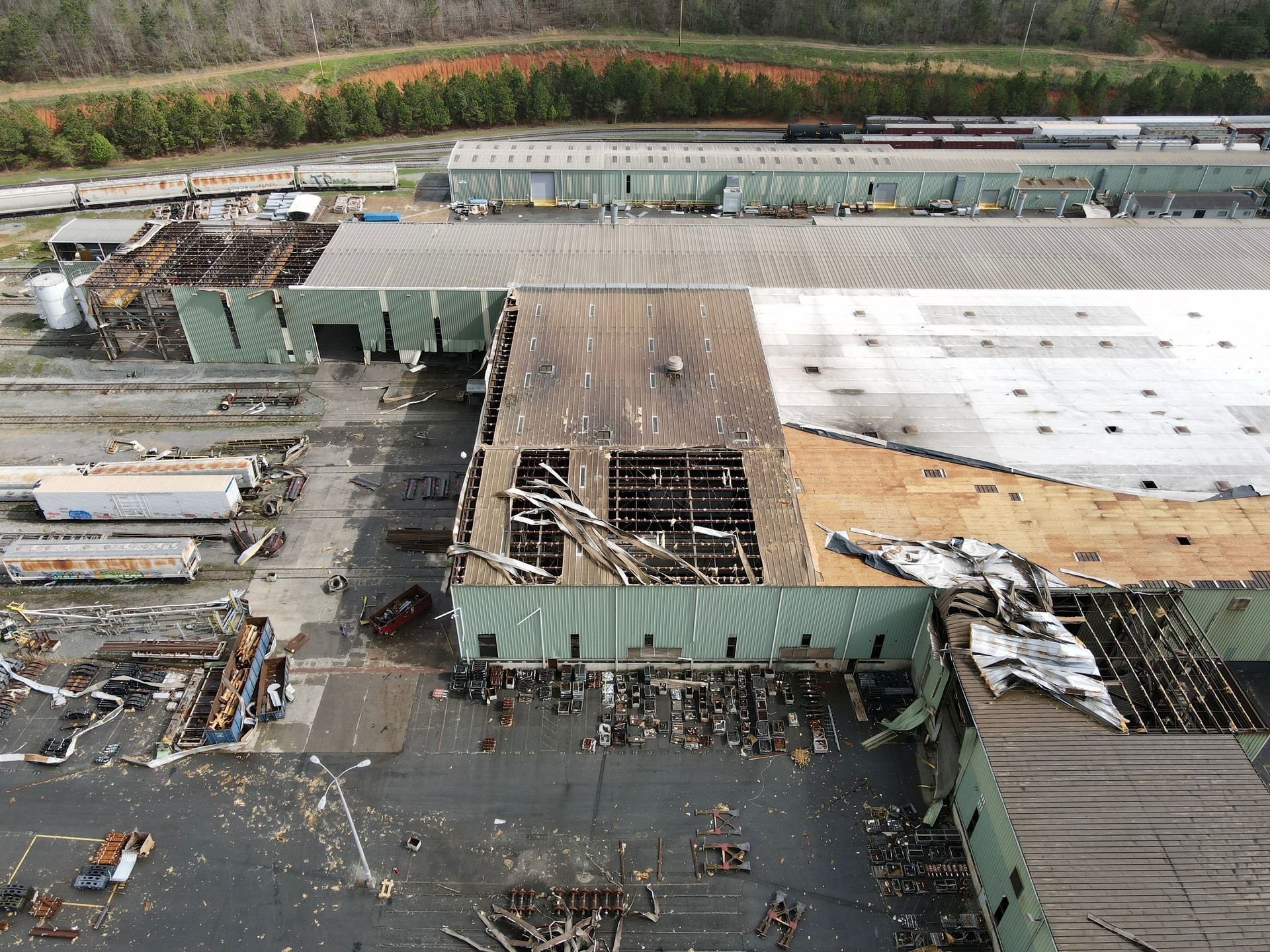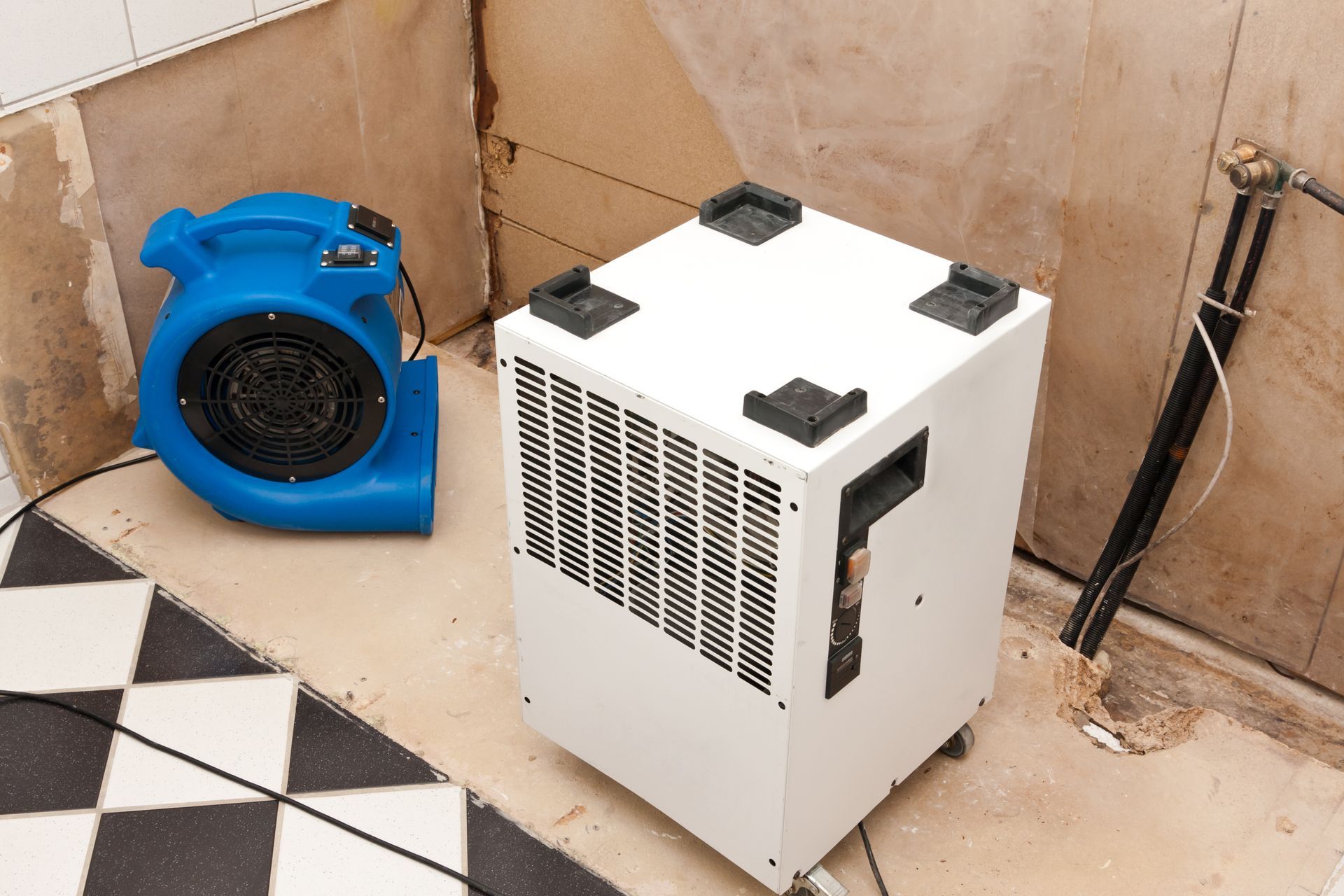The Great Masks Debate
Since early April, the Center for Disease Control and Prevention has suggested that individuals wear a face covering or mask to prevent COVID-19 spread. Like many aspects of the virus, masks have been subject to controversy and debate. However, over the several past months, there has been many studies that have shown scientific evidence that they do in fact, work. Although they do not guarantee prevention, it is overwhelmingly clear they reduce the risk of spread. Below, we will first share some conclusive thoughts from a couple American universities.
University of North Texas
Recently, researchers at the University of North Texas Health Science Center released the results of their on-going studies. Dr. Rajesh Nandy explained that early mask mandates have helped slow the spread. States that required masks early were protected against the June surge of cases. Once mask mandates were implemented in the Dallas-Fort Worth area, the number of daily new cases, ER visits and hospital stays went down.
Brigham Young University
Moreover, a group of researchers at Brigham Young University reviewed more than 115 scientific papers about the costs, benefits and disadvantages of mask-wearing. Their research concluded that, “all masks, including something as simple as a cloth face covering, have been shown to slow the spread of viruses like COVID-19…by as much as 90%.” Researcher Ben Abbott also stated that when infection occurs in areas with frequent mask usage, mortality rates are relatively low. Despite on-going, national debates, their study also showed that there is no evidence that masks cause low oxygen levels or high carbon dioxide levels.
Masks Reduce Your Risk, Too
Not only does wearing a mask reduce the spread of COVID-19, but recent findings revealed they protect individuals wearing the mask also. As the pandemic continues, there has been growing evidence of this fact. Dr. Monica Gandhi of the University of California at San Francisco explained that the lower dose of the virus that you get in, the less sick you are likely to be. In turn, even if you do get exposed, you are more likely to be asymptomatic or have a very mild infection if you wear a mask.
Which Type of Masks Should You Wear?
In short, you should wear a mask in public and when you are around people who do not live in your household if possible. There has also been evidence that some facial coverings are more effective than others. Here is how the Journal of Hospital Infection ranked them in efficiency in reducing risk:
Additionally, there was a study released by Florida Atlantic University. They utilized laser light, water, and glycerin to conduct an experiment. Their study concluded that without a mask, droplets traveled more than 8 feet. Conversely, the droplets traveled these distances with a mask:
Material
1) Quilted Cotton – 2.5 inches
2) Professional-grade mask – 8 inches
3) Handkerchief – 1 foot, 3 inches
4) Bandana – 3 feet, 7 inches
Adapting as Necessary
In conclusion, mask wearing is crucial in preventing coronavirus spread. Guarantee Restoration Services has pivoted its business practices by requiring masks anytime our employees are in contact with others outside of their closed offices. We have also adopted virtual meeting practices to ensure the safety of not only our team, but our partners and community.
Available 24/7 for COVID-19 Disinfection
As always, our team of dedicated professionals is available 24/7, for mold, water, fire or wind property damage that needs immediate attention. We are your dedicated partner along the Gulf Coast, there when you need us most. If your business or home has experienced COVID-19 exposure, contact us at 1-800-349-HELP (4357) or email info@guaranteerestoration.net for more information on our disinfection services.







